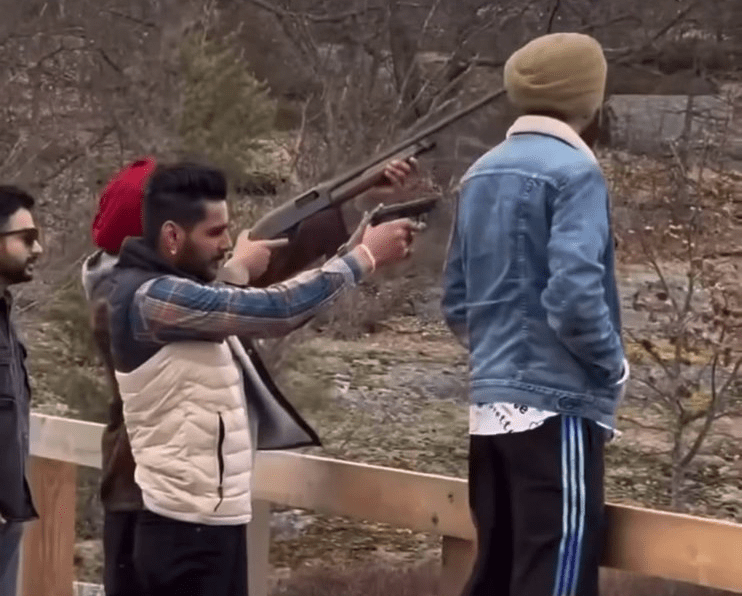AI Generated Summary
- A small segment of any community engaging in illegal or reckless acts can cast a long, damaging shadow, obscuring the positive contributions and values of the vast majority.
- Recent social media posts have reignited this debate in Canada, after videos and photographs surfaced showing a group of Sikh men engaging in gunfire practice near the District Municipality of Muskoka, Ontario—a violation of local laws and norms that has provoked both public consternation and governmental attention.
- In this moment, it is essential to remember that lawlessness, whether posted online or committed in the shadows, must be addressed—but never conflated with an entire community’s character or contributions.
A small segment of any community engaging in illegal or reckless acts can cast a long, damaging shadow, obscuring the positive contributions and values of the vast majority. Recent social media posts have reignited this debate in Canada, after videos and photographs surfaced showing a group of Sikh men engaging in gunfire practice near the District Municipality of Muskoka, Ontario—a violation of local laws and norms that has provoked both public consternation and governmental attention.
A movement has started.
— Mario Zelaya (@mario4thenorth) August 29, 2025
If they want to post their illegal behaviour online, we should help them.
AND AMPLIFY IT TO THE POLICE.
We can no longer stand idle while Canadian norms, values and laws are broken.
From one immigrant to another:
THIS LAWLESSNESS MUST END. https://t.co/wcKK8dCuNl
The Impact of Irresponsible Actions
The widely shared images and videos show individuals flouting Canadian norms in a setting that is neither safe nor sanctioned for firearms use. With firearms laid out in plain sight and casual disregard for protocols, these acts reportedly involved shooting into the air—an act not only illegal, but also hazardous. Such behavior quickly drew the attention of local law enforcement, as well as Ontario Premier Doug Ford, who asserted that the Ontario Provincial Police would “catch these guys”. The fact that these incidents have made waves at the provincial government level shows the seriousness with which such episodes are treated in Canada.
Online Amplification and Community Accountability
Social media’s power to amplify controversy cannot be understated. Public posts and threads—some overtly urging the reporting of illegal behaviour—have spread far and wide, fuelled by renewed calls for lawfulness and respect for Canadian values. When the online discourse labels these acts as representative of an entire community, it risks distorting public perception and sowing suspicion against law-abiding Sikh Canadians. The Twitter (“X”) accounts @mario4thenorth and @joe_warmington have helped bring the issue to wider attention, further increasing the stakes for all involved.
The Unfair Burden on the Community
Throughout Canadian history, the Sikh community has distinguished itself by hard work, community service, and steadfast respect for law and order. Incidents involving a few individuals threaten to undermine decades of earned goodwill. It is neither fair nor logical to hold an entire community liable for the behaviour of its smallest subset. Yet, the reality is that high-profile acts—especially when sensationalized online—can foster mistrust, prejudice, and reactive policies that disproportionately impact the innocent. These repercussions echo past episodes, where “bad apples” have spawned unfair scrutiny that lingers long after the news cycle moves on.
Moving Forward: Calling for Responsible Citizenship
It falls to community leaders, responsible citizens, and government to counteract these narratives by both condemning unlawful actions and highlighting the positive majority. Law enforcement must be allowed to investigate and respond proportionately, without broad, biased presumptions. Equally important is the work of responsible journalism and social commentary: focusing on facts, challenging stereotypes, and advocating for solutions that support integration rather than division.
In this moment, it is essential to remember that lawlessness, whether posted online or committed in the shadows, must be addressed—but never conflated with an entire community’s character or contributions. The actions of a few should not define the legacy or the future of the many.




